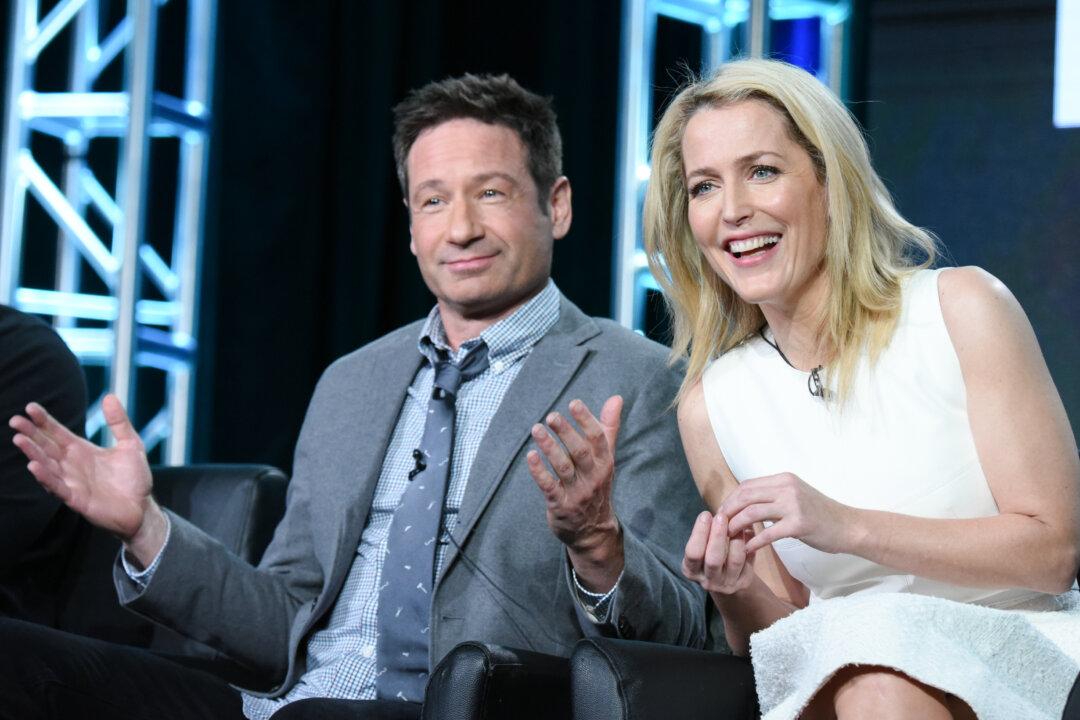The return of The X-Files to television screens after a 14-year absence was met with justifiable excitement and trepidation. It was an important show, combining Twilight Zone-style fantasy with humour, drama and emotion. The X-Files took its subject matter seriously, and was taken seriously by viewers. Along with Buffy the Vampire Slayer, which aired at roughly the same time, it might well be seen as a precursor to titles like True Blood, Heroes, Game of Thrones or the relaunched Doctor Who. The X-Files was a template for shows that take traditionally wild or outlandish narrative themes and approach them with the kind of sincerity more usually found in “quality” television drama.

Emilia Clarke as Daenerys Targaryen in a scene from HBO show "Game of Thrones." AP Photo/HBO, Keith Bernstein
